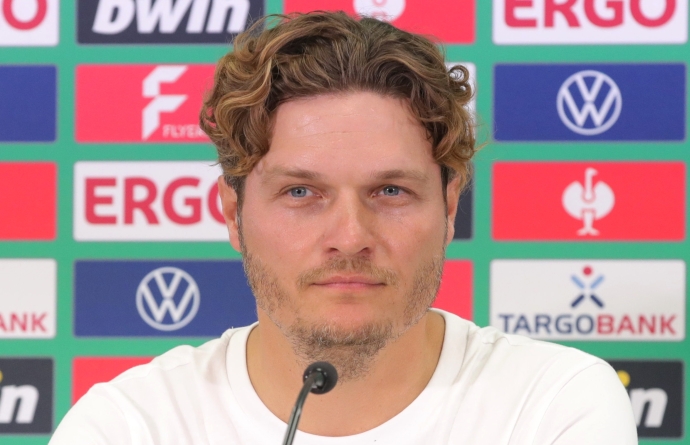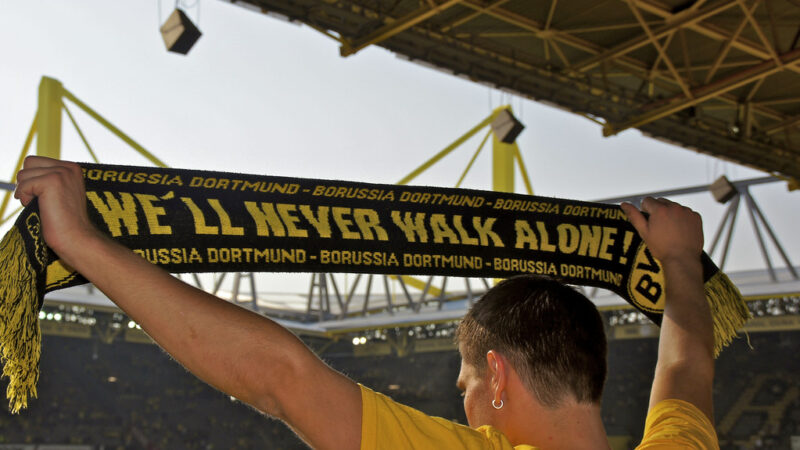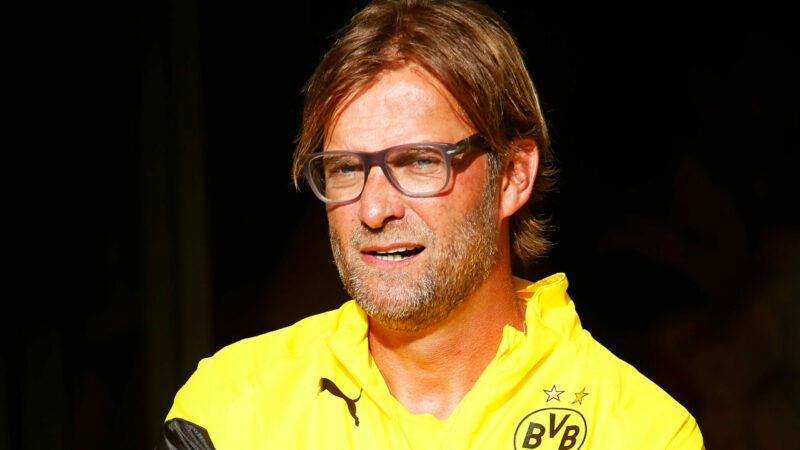From the Touchline: Should Bosz Be Open to (Formation) Change?

A resounding victory in Magdeburg has alleviated some of the pressure on Peter Bosz and Dortmund, but questions remain about his style of play. Early in the season, when Bosz set the record for most clean sheets to start the season, he was rightly praised for correcting the leaky defence common under Thomas Tuchel while maintaining the “fun” attacking system now associated with Dortmund. After immense struggles in the Champions League and seeing their lead slip away in the league, people wonder if the rigidity in style of play that served him well in the first month is still serving him well.
The question of dedication to a style of play always follow managers who are known for “tactical acumen”. Think of Arsene Wenger in the early 2000s and Wenger now. When you win, media members study your methods and proclaim your style is progressive and laudable. When that same style fails, the same media question whether your rigidity prevents you from being successful in the modern game. To his credit, Bosz told the Associated Press that nothing is changing. “Our way of playing worked at the start of the season,” the former Ajax manager said. “It was fun as a player, and it was fun to watch.”
The question is how wedded should a manager be to his (or her) chosen style of play. Bosz famously picks a formation and mostly sticks with it throughout the match, regardless of the result or situation. On the other side, Claudio Ranieri earned the moniker “Tinker Man” because he was constantly changing his formations and starting XI to react to the environment. What is the right style? The answer, of course, is as always, it depends.
The advantage of a consistent style of play is that it is easier for players to not just learn but live the system. Think Barcelona and their top to bottom adaptation of tiki-taka. The senior team manager may make adjustments here and there but for the most part when you play Barcelona, you know what to expect. Barca are of course maybe the most famous example but there are many managers around the world that have a preferred style or set a style to fit their players, and stick with it. When a manager is constantly switching formations and styles, it makes it harder on the training ground for players to become excellent on a single style of play. For many managers, it is better to be superb playing one way that good playing a few different ways.
However, as we have seen with both Tuchel and Bosz, playing a style regardless has its consequences. Specifically, the environment changes. Grabbing an early goal or two forces the opponent – if they have any sense – to adjust their starters. This may mean moving players around the pitch or even making early substitutions. In this case, the environment that led to early success has now changed. You may still find easy success but it is also likely that your system struggles against the adjustments. In this case, it makes sense to make your own adjustments. Anyone who has played FIFA know this.
Does this mean we should insist that Bosz have multiple formations and styles of play he can unveil before specific matches? No, but it would help alleviate fan (and management) anxieties if he showed that he considered different scenarios in advance and was able to “tweak” his style in a match as needed.






